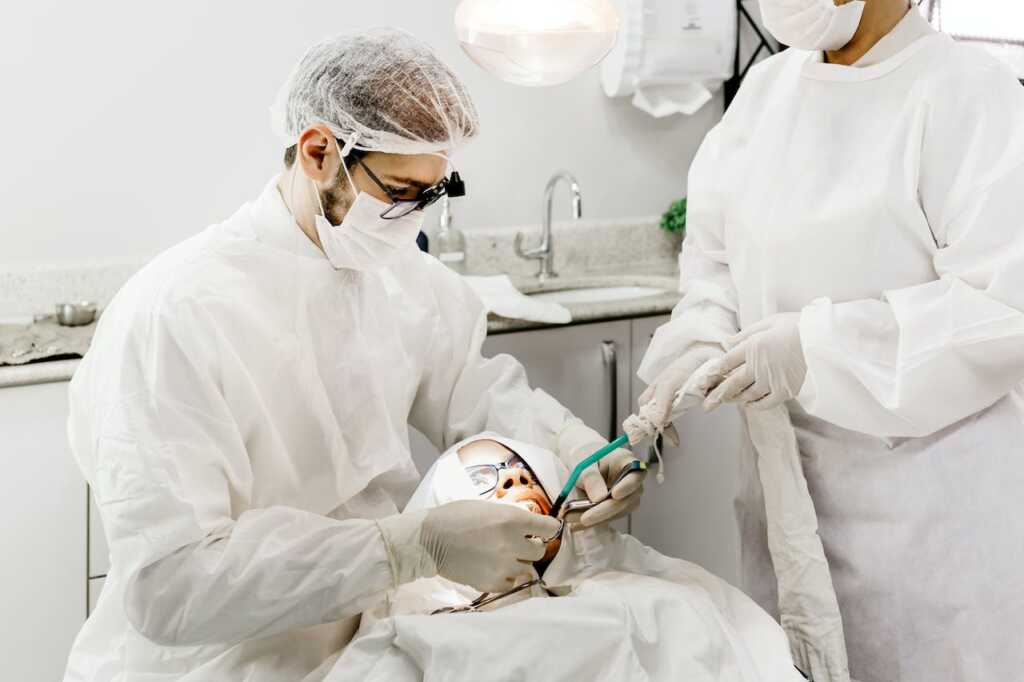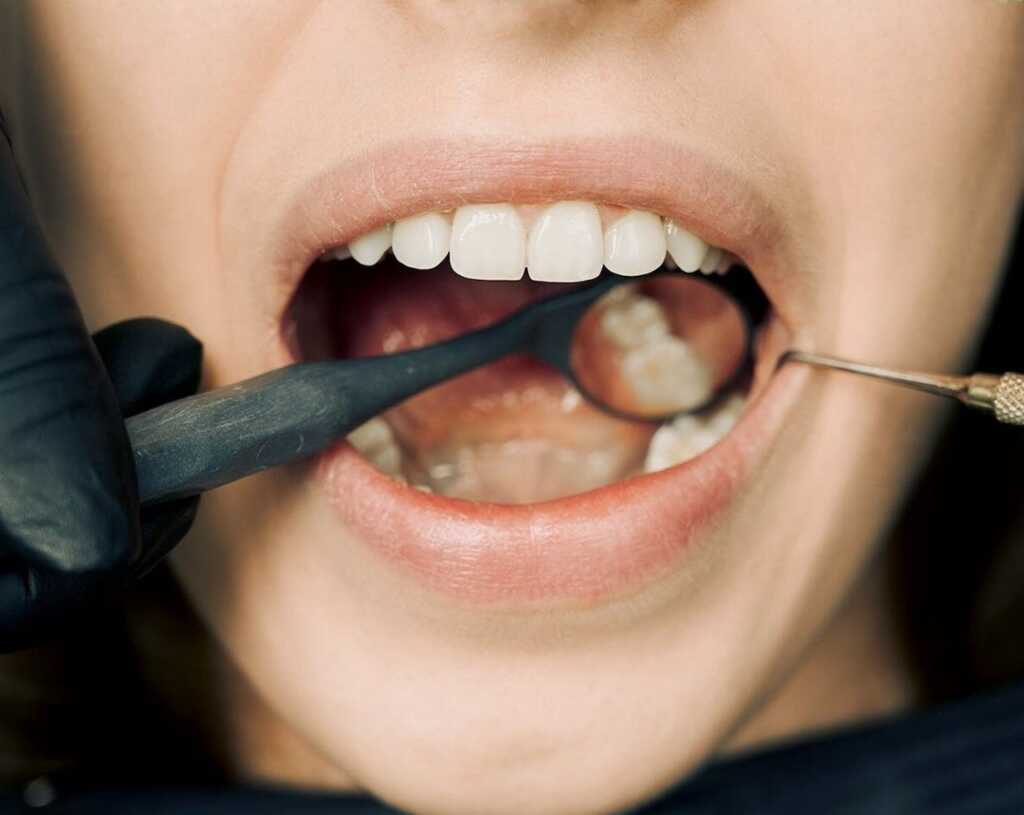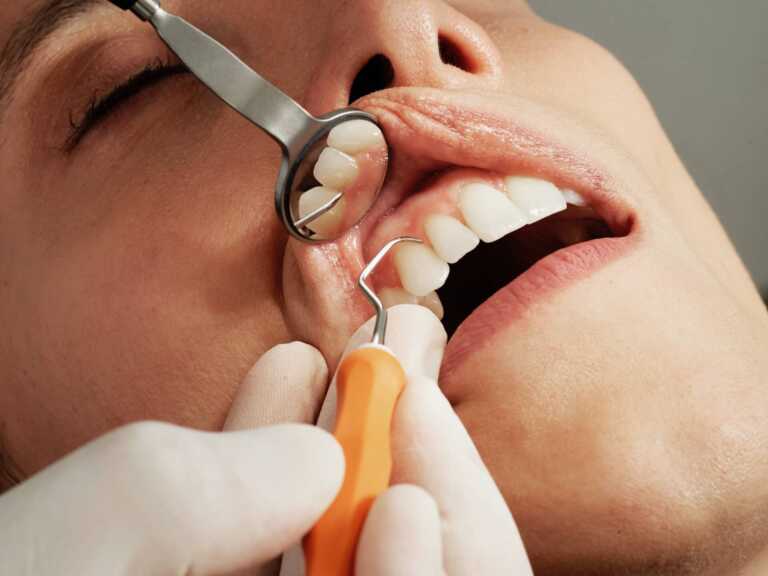
The Essence of Restorative Dentistry
Restorative dentistry plays a pivotal role in maintaining oral health and functionality. It encompasses a range of dental procedures aimed at restoring the integrity of teeth and gums. This branch of dentistry is not just about aesthetics; it’s about preserving and improving the natural function of your teeth. Whether it’s a minor cavity filling or a more complex dental implant, restorative treatments are essential for keeping your smile healthy and functional.
Benefits of Restorative Dental Treatments
Restorative dental treatments offer a multitude of benefits that significantly impact both oral health and overall well-being. These treatments are not just about improving the appearance of your teeth; they play a crucial role in maintaining dental functionality and structural integrity.
Enhancing Oral Functionality
A primary benefit of restorative procedures is the restoration of oral functionality. Treatments like fillings, crowns, and bridges effectively restore the ability to chew and speak comfortably. For example, a dental bridge not only fills the gap left by a missing tooth but also ensures that the remaining teeth do not shift, maintaining proper bite alignment and jaw function.
Preventing Future Dental Issues
Another significant advantage is the prevention of future dental issues. Restorative treatments like crowns and implants protect vulnerable teeth from further decay and damage. They also help in preserving the jawbone and preventing bone loss, which is common in areas with missing teeth. This proactive approach to dental care helps in avoiding more complex and costly treatments in the future.
Benefits of Restorative Dental Treatments
Restorative dental treatments offer a multitude of benefits that significantly impact both oral health and overall well-being. These treatments are not just about improving the appearance of your teeth; they play a crucial role in maintaining dental functionality and structural integrity.
Enhancing Oral Functionality
A primary benefit of restorative procedures is the restoration of oral functionality. Treatments like fillings, crowns, and bridges effectively restore the ability to chew and speak comfortably. For example, a dental bridge not only fills the gap left by a missing tooth but also ensures that the remaining teeth do not shift, maintaining proper bite alignment and jaw function.
Preventing Future Dental Issues
Another significant advantage is the prevention of future dental issues. Restorative treatments like crowns and implants protect vulnerable teeth from further decay and damage. They also help in preserving the jawbone and preventing bone loss, which is common in areas with missing teeth. This proactive approach to dental care helps in avoiding more complex and costly treatments in the future.
Choosing the Right Restorative Treatment
When considering restorative dental treatments, it’s essential to consult with a dental professional. Dentists can provide personalized recommendations based on the specific needs and conditions of each patient. Factors like the extent of tooth damage, overall oral health, and personal preferences play a significant role in determining the most suitable treatment. For those seeking expert advice on restorative dentistry in Orinda, CA, here is a resource that offers comprehensive guidance and professional consultations.

The Role of Technology in Restorative Dentistry
Advancements in dental technology have significantly enhanced the field of restorative dentistry. Digital imaging and 3D printing have made dental procedures more precise and efficient. For example, digital impressions for crowns or bridges are now more accurate and less invasive than traditional methods. Similarly, CAD/CAM technology allows for the creation of custom dental restorations in a single visit, reducing the need for multiple appointments.
Maintenance and Care Post-Treatment
Post-treatment care is crucial for the longevity of restorative dental work. Regular dental check-ups, proper oral hygiene, and avoiding harmful habits like teeth grinding or using teeth as tools are essential. For instance, someone with a dental implant should maintain meticulous oral hygiene to prevent peri-implantitis, a condition similar to gum disease. Regular visits to the dentist for cleanings and check-ups can help detect and address any issues early on.
Addressing Common Concerns and Questions
Patients often have concerns and questions regarding restorative dental treatments. Common queries include the longevity of treatments, potential discomfort, and care routines. It’s important to address these concerns with a dental professional who can provide detailed information and reassurance. For example, while dental implants have a high success rate, understanding the procedure, recovery process, and care requirements can alleviate any apprehensions.
The Future of Restorative Dentistry
The future of restorative dentistry looks promising, with ongoing research and development in materials and techniques. Bioactive materials that can help regenerate tooth structure and minimally invasive treatments are areas of active research. The goal is to not only restore function and aesthetics but also to promote natural healing and long-term oral health.
Conclusion
Restorative dentistry is a vital aspect of dental care, focusing on restoring and maintaining oral health and functionality. From common procedures like fillings and crowns to advanced treatments involving dental implants, the field is continually evolving with technological advancements. Regular care and maintenance post-treatment are essential for the success and longevity of these procedures. For those in Orinda, CA, seeking expert advice and treatment in restorative dentistry, resources are available to guide and assist in making informed decisions.
Key Takeaways
- Restorative dentistry encompasses a range of procedures aimed at restoring dental health and functionality.
- Technological advancements have made restorative treatments more efficient and precise.
- Post-treatment care is crucial for the longevity of restorative dental work.
- Ongoing research in restorative dentistry promises even more effective and minimally invasive treatments in the future.





